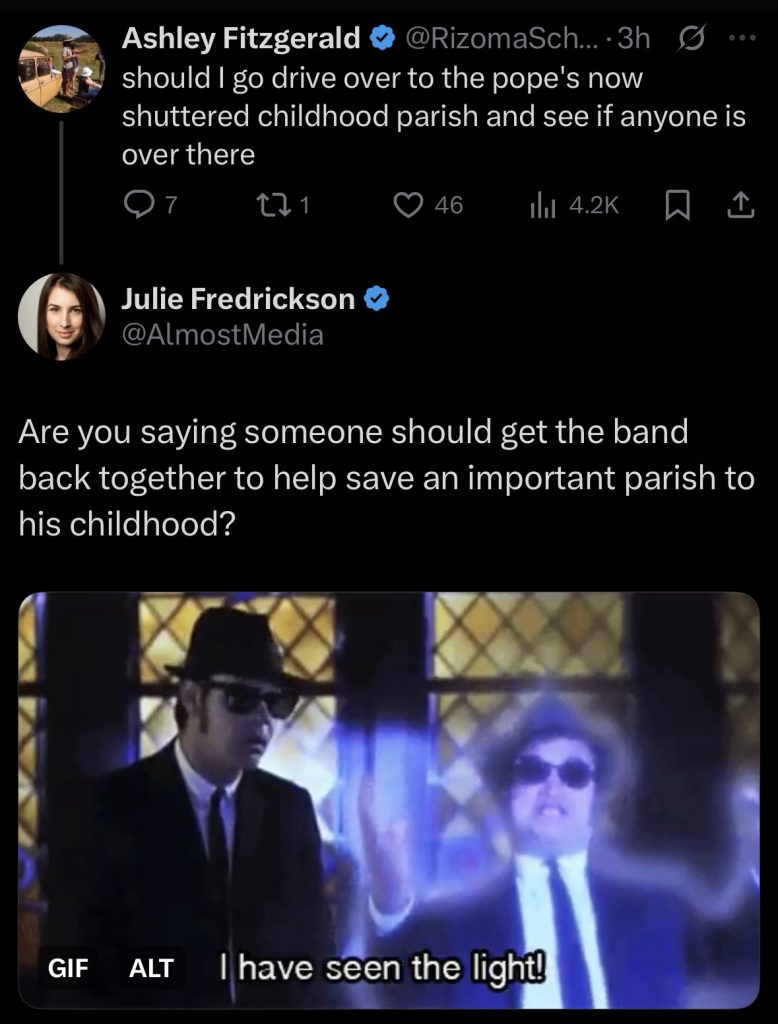I read some Charles Dickens today. No this isn’t a Great Expectations joke. Rather, I read the first seven paragraphs of his 900 page novel Bleak House.
Why? I wanted to test my literacy as part of social media’s great ongoing debate about humanity’s waning reading and writing abilities.
A Substacker & Twitter personality broke down a 2015 think-aloud reading comprehension study which analyzed the skills of English majors at two Kansas universities.
[They were asked to] read the first seven paragraphs of Charles Dickens’ Bleak House out loud to a facilitator and then translate each sentence into plain English
The Substacker Beloved Kitten has written about what constitutes mass literacy before using something called the PIAAC which has five levels of literacy.
If you are a knowledge professional you better hope you are a four but social media comments suggest most of us are not.
This methodology doesn’t even try articulate level 5. And as someone who occasionally sees what a real 1% outlier looks like I don’t disagree. Our best are in a league of their own.
So obviously as American funded “college for all” it was clear not all college attendees would on the right side of average. And as it turns out, the English majors at highly subsidized state universities (mostly white girls incidentally) had a lot of trouble understanding Dickens’s British family court tragedy.
I also don’t want to read that many pages of fog metaphors, and I have an entire tag dedicated to forced metaphors.
I took the test (speaking my answer into my phone) and it was harder than you think to simplify but I had the vocabulary.
Amusingly all of the test takers were sure they could easily finish the stupid book after most of them failed to understand even its basic concepts. I would not finish Bleak House.
Like those other white girls I am unlikely to be in the 1% of literacy when it comes 19th century British literature. Surely in my own skill stack (and it’s overlapping areas of expertise) I can approach 2SD on things. I suspect this blog and my general internet presence suggests I can do Level 4 reading. We think around what we can.
That seems adequate given I contribute what I like and communicate what is enjoyable on my own spaces. Here I am plodding along contributing sixteen hundred days of writing to the public discourse which is its own proof of literacy. It’s several novels worth of training data for our artificial intelligences.
I think about how much I do or don’t want to contribute to the maw of publicly indexed Internet because I believe we get better if we all contribute to this public good.
Our future is a shared coordination problem requiring we can comprehend and contribute to our commons. Maybe I understand enough Dickens to get by. He maybe has a dimmer view of legalistic thinking than I do. But I’m sure he’d see plenty of wretches in our times too.





